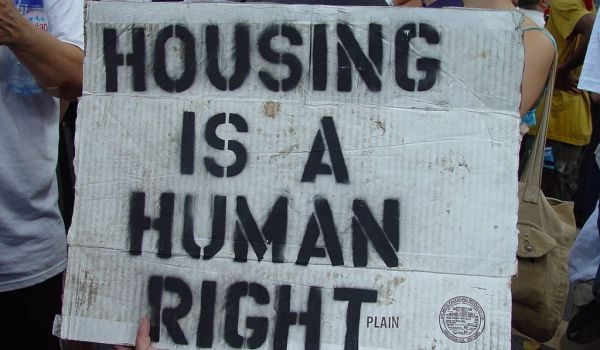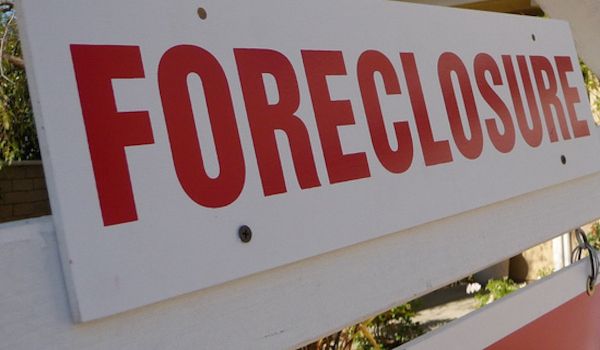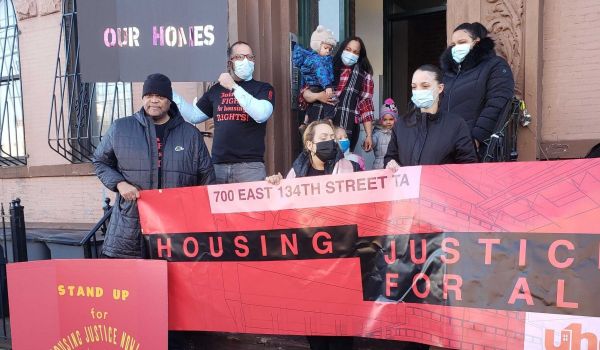NYC Homeless Shelter CEO Paid $1 Million a Year Through Self Dealing
The CEO of an NYC homeless nonprofit was redirecting city funds to his own privately owned businesses, the NY Times revealed. The CEO, Jack A. Brown III, owns the nonprofit Core Services Group, which the city has paid $352 million since 2017. Core Services Group paid $32 million of that money to shelter service providers Brown owned, including a security company, a maintenance company and a catering company and rented buildings that Brown owned.
Even more embarrassing for the city, Brown had a well known history of ethical problems, including his role in a 2003 lobbying scandal as well as running a halfway house that failed to deliver services and was the subject of a 2012 investigation by the Times. The state’s comptroller had flagged Brown’s ethical violations when he sought a corrections contract that year.
Brown’s self-dealing might be legal if he discloses his business ownership, which the city says he did not. The Times also revealed other providers with similar ethical problems, including a Bronx nonprofit COO who had previously been charged with embezzling funds and a domestic violence shelter that offered a former executive no-bid contracts.
These troubling city contracts are likely to continue. According to city officials who spoke to the Times anonymously, “the city is loath to closely scrutinize the finances of nonprofit groups because it is so reliant on them to deal with the explosion in the homeless population.”
$82 million of DC Affordable Housing Funds Didn’t Help Poorest Residents
A large chunk of DC’s affordable housing funds for fiscal year 2020 didn’t go toward building or preserving units for the city’s poorest residents despite legal requirements that they do so, according to the city’s Office of the Inspector General.
The city’s Housing Production Trust Fund is required to spend 50 percent of its funds on housing for people at or below 30 percent of the city’s median family income, or $38,700 for a family of four, according to the Washington Post. Most of the funds went instead to housing meant for people making 50 percent of the median area income, or $64,500 for a family of four, and people making 80 percent of the median, which is $82,300 for a family of four.
The report also found that some of the new affordable housing units underwritten by the fund had landlords charging beyond what was permitted for those units. Developers were also overpaid to the tune of $14 million.
The city’s Department of Housing and Community Development is refusing to implement some of the Inspector General’s recommendations, including a conflict of interest disclosure, saying “There are no instances of any conflict of interest issues amongst DHCD employees engaged in project selection,” the Post reported. An agency official also referred to the city’s legal requirements as mere guidelines, telling the Washington Post in a statement, “The report foolhardily paints missing aspirational goals as a misuse of funds.”
Oregon Bans Homeowner “Love Letters”
In July the state of Oregon became the first to ban so-called “love letters” sent from prospective buyers to homeowners. The letters are informal notes sent by aspiring homeowners who want to establish emotional connection to the home to ensure they are a good fit.
Legislators and advocates expressed concern that the letters are more beneficial to white buyers and further entrench housing segregation. The letters themselves will not be banned, but communicating most types of personal information will be. The law bans buyers and sellers from communicating “race, skin color, sex, religion, sexual orientation, nationality, familial status or marital status,” according to Portland Monthly. The law takes effect in January 2022.
Denver Approves $10 million on Housing for People Experiencing Homelessness
Denver’s City Council approved a $10 million affordable housing complex for people experiencing homelessness, the Denver Gazette reports. The money will go to renovating a 100-unit building by Civic Center Park in the city’s downtown. The concentration of unsheltered residents in Civic Center Park has previously led to punitive measures, including a 2012 “camping ban” that was briefly ruled unconstitutional in 2019 before being reinstated in 2020.
This article is part of Backyard, a newsletter exploring scalable solutions to make housing fairer, more affordable and more environmentally sustainable. Subscribe to our weekly Backyard newsletter.

Roshan Abraham is Next City's housing correspondent and a former Equitable Cities fellow. He is based in Queens. Follow him on Twitter at @roshantone.

















